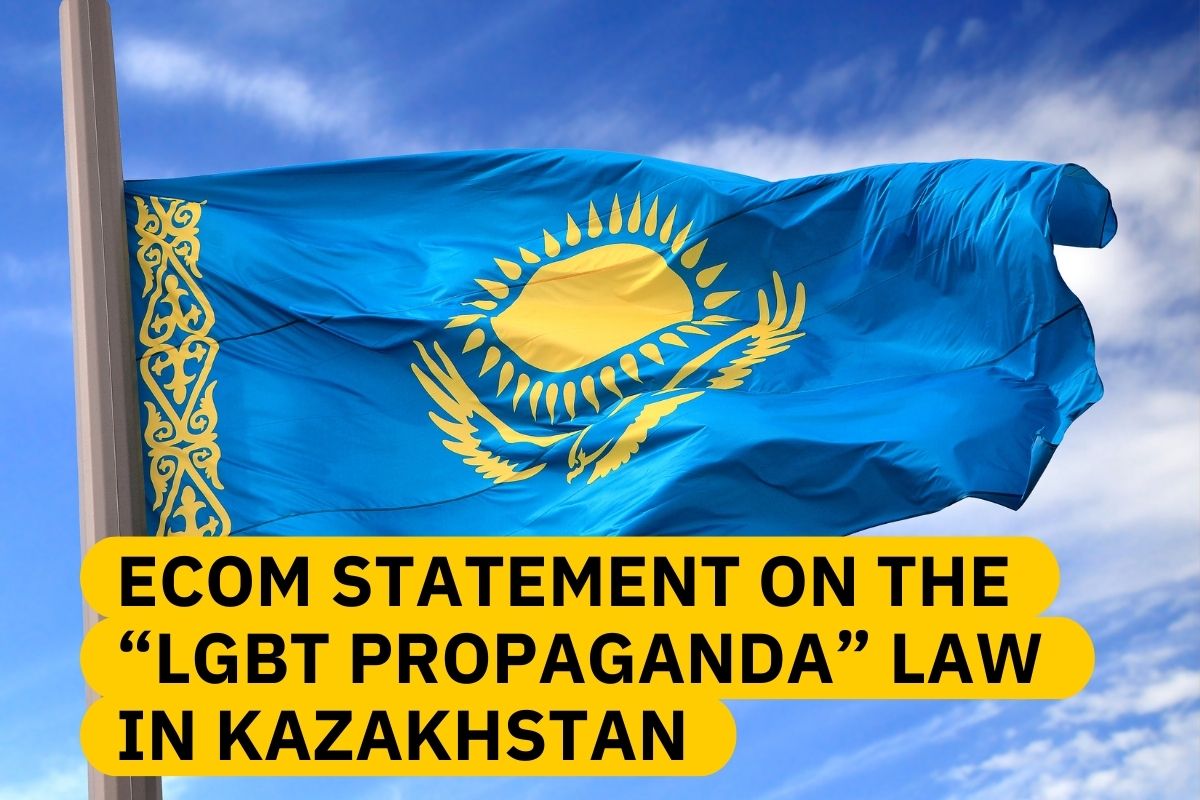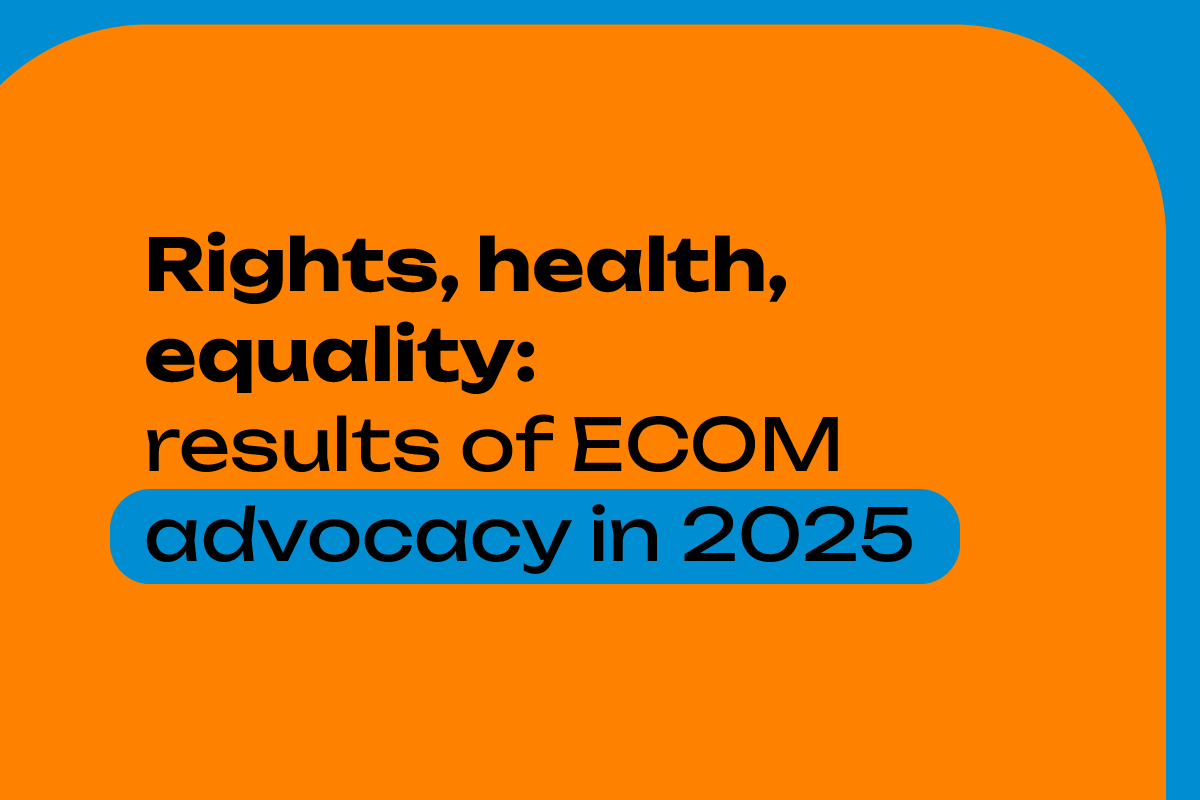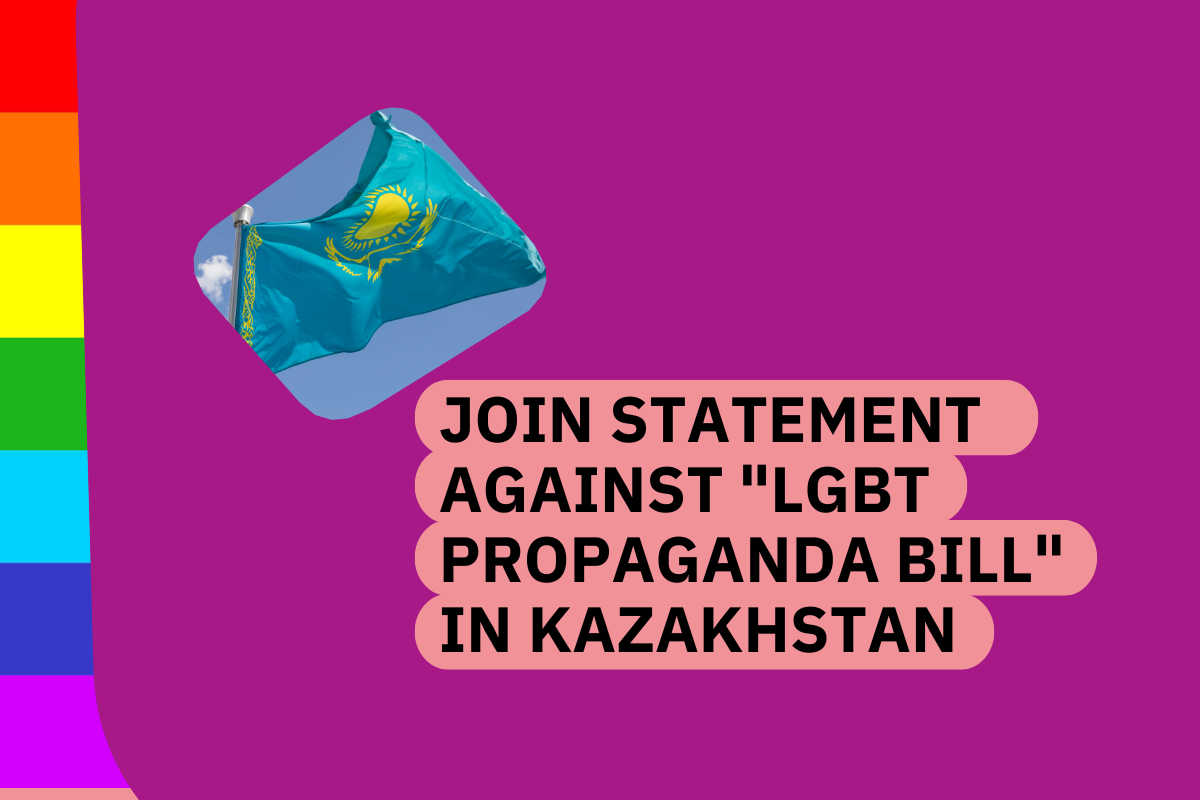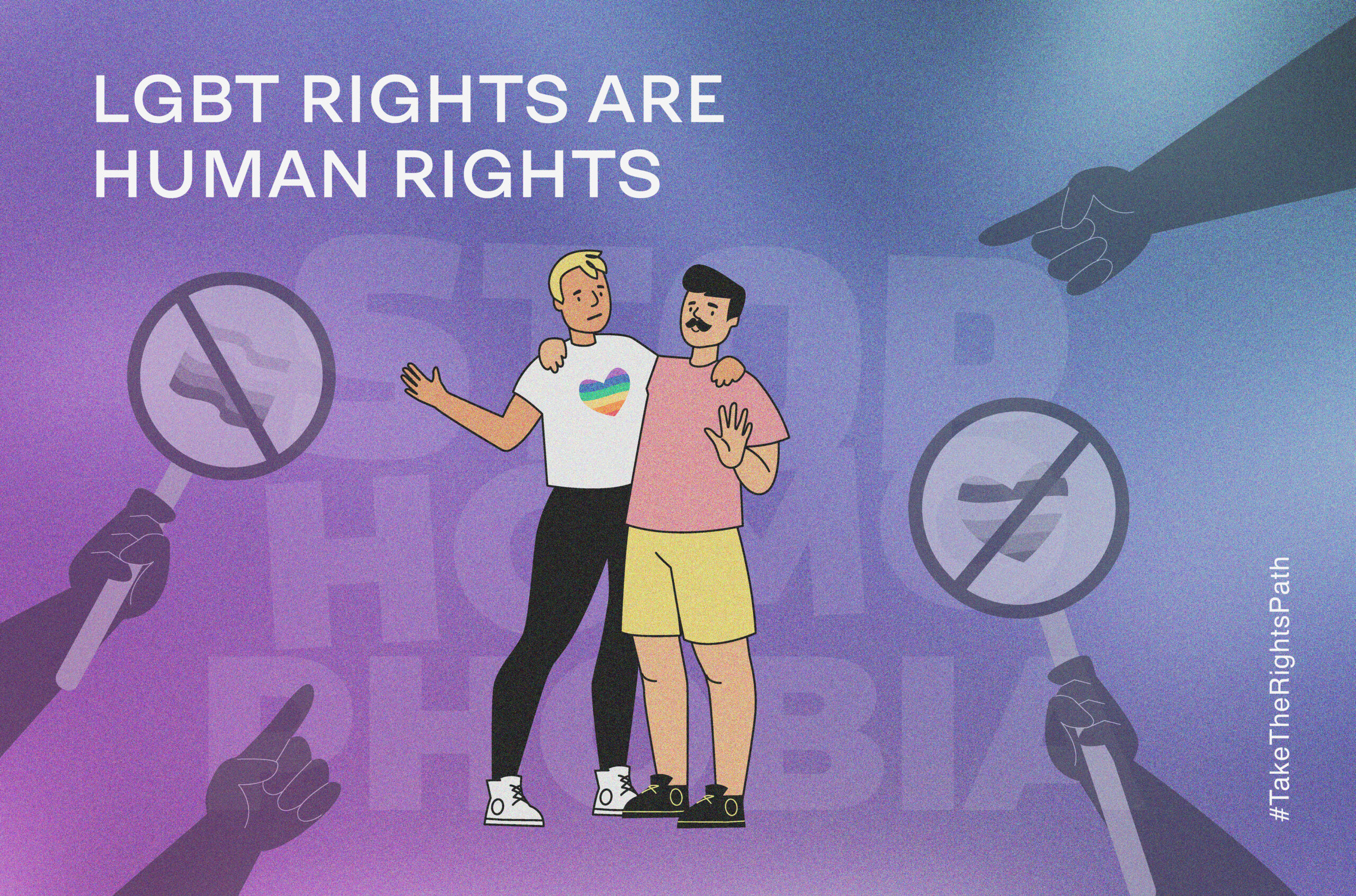This statement has been prepared in response to the advancement of legislative initiatives in the Republic of Kazakhstan aimed at introducing administrative liability for so-called “propaganda of non-traditional sexual orientation.” These proposals pose a serious threat to the human rights and dignity of LGBT people, contradict the state’s international obligations, and create grounds for arbitrary restrictions on freedom of expression, access to information, and the activities of civil society.
On October 28–29, 2025, the Majilis Working Group approved amendments to the draft law “On Archival Affairs and Amendments to Certain Legislative Acts”, which introduces provisions criminalizing so-called “propaganda of non-traditional sexual orientation.” Amendments were also made to the Law “On the Rights of the Child”: Paragraph 3 of Article 34 is supplemented after the word “violence” with the phrase “propaganda of non-traditional sexual orientation and pedophilia.” In paragraph 1 of Article 39, after the word “pornography,” the word “propaganda” is added. Part 3 of paragraph 1 of Article 39 is supplemented with a new definition:
“For the purposes of this Law, propaganda means the dissemination of information about non-traditional sexual orientation and adherence to it, carried out publicly or through mass media, telecommunications networks, or online platforms, including the deliberate distortion of such information for an indefinite audience for the purpose of forming a positive image.” Similar amendments are proposed to the Laws “On Advertising,” “On Communications,” “On Culture,” “On Education,” “On Protecting Children from Information Harmful to Their Health and Development,” “On Cinematography,” “On Online Platforms,” and “On Mass Media.” On the same day, members of the working group unanimously supported amendments to the Code of Administrative Offenses of the Republic of Kazakhstan, adding Article 456-2, which establishes administrative liability for “propaganda of non-traditional sexual orientation and pedophilia.” The proposed sanctions include a fine of 20 monthly calculation indices for a first offense and 40 monthly indices (about USD 300) or up to 10 days of administrative arrest for repeat offenses.
The study cited by the authors of the initiative has not been published, and the public has no access to its full text, methodology, or results. The lack of transparency undermines the legitimacy of the legislative process and excludes the possibility of independent expert evaluation. Draft laws based on unavailable or unverified data cannot be considered justified or democratic.
The proposed amendments contradict the Constitution of the Republic of Kazakhstan[1]. According to Article 20, everyone is guaranteed the right to freedom of expression and to freely receive and disseminate information by any lawful means. Article 14 guarantees equality of all citizens before the law and the courts and prohibits any discrimination “on any other grounds.” The introduction of vague restrictions targeting a specific group of people contradicts these provisions. The term “propaganda” has no legal definition, creating conditions for arbitrary application of the law and violating the principle of legal certainty enshrined in Article 1 of the Constitution.
From the standpoint of international law, this initiative conflicts with Kazakhstan’s obligations under the International Covenant on Civil and Political Rights, ratified by Kazakhstan in 2005[2]. Article 19 guarantees the right to freedom of expression, including the right to seek, receive, and impart information, while Article 26 ensures equality before the law and protection from discrimination based on sexual orientation and gender identity (SOGI). Kazakhstan is also a party to the Convention on the Rights of the Child[3], under which every state undertakes to guarantee children the right to freedom of expression (Article 13) and access to information promoting their well-being and health (Article 17). Restricting access for adolescents and youth to accurate information on sexual orientation and gender identity violates these provisions and impedes the realization of the right to education and health. The UN Human Rights Council has repeatedly confirmed the inadmissibility of discrimination based on sexual orientation and gender identity. Furthermore, during the 2024 Universal Periodic Review, Kazakhstan received recommendations to abolish discriminatory norms based on SOGI and ensure freedom of expression for all groups, including the LGBT community[4]. These documents obligate states to refrain from adopting laws that foster stigma or restrict the rights of LGBT people.
A particularly alarming and offensive aspect of the proposed amendments is the linking of “propaganda of non-traditional sexual orientation” with “propaganda of pedophilia” in the same sentence. Such linguistic and legal juxtaposition creates a false association between a criminal act and a human identity. This has no scientific or legal basis and serves only to reinforce stigma, social hostility, and violence toward LGBT people. This conflation fosters a misleading public perception that LGBT identity is connected with deviant behavior, undermining the principles of equality and human dignity. Such rhetorical manipulation not only discredits state institutions but also encourages self-censorship among journalists, educators, and human rights defenders, who will avoid any mention of issues related to sexual orientation or gender identity for fear of administrative punishment. As a result, public dialogue deteriorates, access to vital information including on HIV prevention and health protection is obstructed, and social polarization increases.
International experience shows that such laws lead to increased violence, blocking of human rights websites, closure of NGOs, heightened stigma, and worsening public health outcomes. The World Health Organization (WHO) and UNESCO recognize access to accurate information on sexual and reproductive health as part of the human right to health and education. Restricting such access causes direct harm, especially to adolescents and young people, for whom information on identity and health is critically important.
ECOM calls on the Government and Parliament of the Republic of Kazakhstan to abandon consideration and adoption of these amendments, which violate the Constitution and the country’s international obligations. Kazakhstan should instead strengthen national legislation on equality and non-discrimination by explicitly including sexual orientation and gender identity as protected characteristics, and guarantee all citizens free access to information, education, and healthcare. State policy must be based on the principles of inclusion, respect for human dignity, and scientific evidence not on stigma and censorship.
[1] Constitution of the Republic of Kazakhstan: https://www.akorda.kz/ru/official_documents/constitution
[2] On the Ratification of the International Covenant on Civil and Political Rights: https://adilet.zan.kz/rus/docs/Z050000091_
[3] On the Ratification of the Convention on the Rights of the Child: https://adilet.zan.kz/rus/docs/B940001400_
[4] Universal Periodical Review – Kazakhstan 4 cycle: https://www.ohchr.org/en/hr-bodies/upr/kz-index










